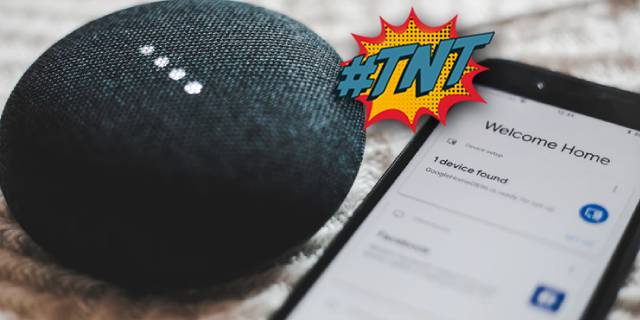
In today’s episode we’re talking about voice search, and why you want your content to be findable via voice search. Many online purchases now start with searches initiated by voice prompt, and location-based businesses have huge opportunities to increase their in-store traffic by optimizing their online presence to be discoverable via voice search as well. People who own smart speakers say they use the devices as part of their daily routine, are they finding you when they ask?
Links in this episode: How Optimizing for Voice Search Will Impact Your SEO Plan in 2021
Transcript
Welcome to the Get Digital Marketing Results podcast where we give you information and actionable tips to grow your organization.
Bob: Hi, I’m Bob Clark.
Donna: And I’m Donna Botti. We’re with Delos Inc and we make the web work for you. In today’s Tech News Tuesday episode we’re talking about voice search and why you want your content to be findable via voice search. Many online purchases now start with searches initiated by voice prompt, so optimizing your content to capture more of that traffic is important.
Bob: That’s right Donna, and there’s a good reason for it. More than 50% of searching is now done by using your voice, and 72% of people who own smart speakers say they use the devices as part of their daily routine.
Donna: I know I use Alexa everyday for many things, but remember voice search is not only used on smart speakers, but is also important for mobile devices. Not all your content needs to be optimized for voice, and voice search is going to be more important for some businesses than others. For example, location-based businesses have huge opportunities to increase their traffic by optimizing their online presence to be discoverable via voice search. People ask Siri or Alexa to “find pizza near me,” all the time for example.
Bob: There are four main voice assistants right now: Google and Siri are the most used, followed by Alexa and then Cortana.
Each of their algorithms are slightly different as they rely on different data sources, but all rely on citations across the web and your NAP profile. NAP is your name, address and phone number references to your business in the citation sources.
Donna: Google and Android devices use the information in your Google My Business profile for example. Siri pulls local recommendations from the NAP profiles on Yelp, Bing, Apple Maps, and Trip Advisor. Alexa pulls information from Yelp, Bing, and Yext and Cortana, which also happens to be powered by Alexa, pulls from Yelp and Bing.
So ranking for voice search is similar to ranking for local web searches and map searches in that you want to claim and fill out your NAP profiles on Google, Bing, Apple Maps, and other citation sources.
Bob: That’s it for today’s episode. You can find a link to the Moz.com article and a transcript of today’s podcast, at DelosInc.com/196.
And don’t forget to subscribe, so you don’t miss out on our actionable digital marketing tips to grow your organization.

